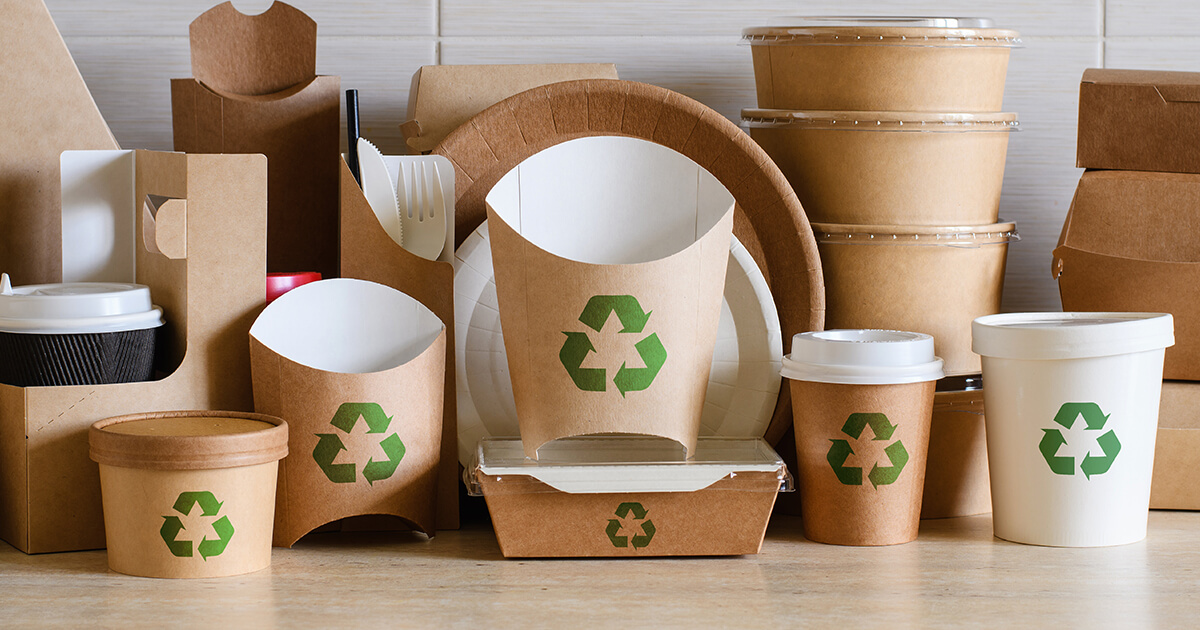Greenwashing is the process of conveying a false impression or providing misleading information about how a company’s products are more environmentally sound. It leads consumers into believing that a company’s products are environmentally friendly.
Embrace Sustainability, Not Greenwashing
In a global study 70% of Gen Z shoppers confirmed they try to buy from companies they consider being ethical.
Profit above all else
In an increasingly green-concerned world, greenwashing has become a term used more and more. Pollution, unnecessary goods, non-recyclables, nature destruction, and lack of care for anything but profit, led us to the point where consumers realize that the impact of business giants is becoming more and more irreversible.
In a global study, 70% of Gen Z shoppers confirmed they try to buy from companies they consider to be ethical.
Another 73% of Millennials said they are ready to spend more on sustainable brands.
With those numbers, it is no wonder more and more marketing campaigns are ‘going green’.
What is greenwashing?
Because of the imminent need for change in our carbon footprints, the market, had to act. Consumers care about the goods they are buying and are attracted to the ethical, eco-friendly, non-caged, sustainable, and organic labels. Producers adapted quickly, and while the real ethical, sustainable, and eco-friendly businesses led the charge, they were quickly disposed of by greenwashing and big wallets.

‘People do’ campaign
In 1985 one company decided to launch a campaign that will to switch the narrative of them being the polluter into them being the savior – and it worked so well that the campaign ran for full 5 years.
The campaign highlighted how the workers of the company are changing landscapes to aid the local wildlife. The problem was that those workers were extracting oil from the same localities they advertised saving.

So, what’s the problem now?
Greenwashing has changed over the last 20 years, but it’s certainly still around. As the world increasingly embraces the pursuit of greener practices, corporations face an influx of litigation for misleading environmental claims. Although, that still isn’t enough for some to change their practices and invest the marketing money into a more sustainable operations.
In addition, we, the consumers, can’t be sure what is really green and what is greenwashed.
Going green shouldn’t be an advertising tactic or an ad idea. It is a strategy. That’s what we call sustainability!
Let’s go Green Sherlock Holmes
Just as we separate our waste, there is a way to separate greenwashed brands and really green brands.
Green marketing is usually practical, honest, and transparent, and it follows the following criteria:
- Manufactured in a sustainable fashion
- Free of toxic materials or ozone-depleting substances
- Recyclable or produced from recycled materials
- Made from renewable materials
- Not made of materials harvested from a protected area
- Not manufactured with slave labor or by workers who are not fairly paid
- Does not use excessive packaging
- Designed to be repairable rather than disposable
If you are a green brand, you are trying to preserve nature and get your good message across; we can surely help. But you can also follow the rules such as:
- Make your claims clear and easy to understand
- Back up your sustainability claims with data
- Clean up your operations (you can be sustainable in digital also!)
- Be honest about your brand’s sustainability practices and plans
- Make sure images on ads and packaging are not misleading
Going green shouldn’t be an advertising tactic or an ad idea. It is a strategy. Preserving what we have, reusing assets, and recycling old ones is the way for your brand to make a difference. CMG promotes digital sustainability as well as sustainability as a whole. To learn more, get in touch and read more about in our digital sustainability article on our blog.
Stay happy, stay green!


